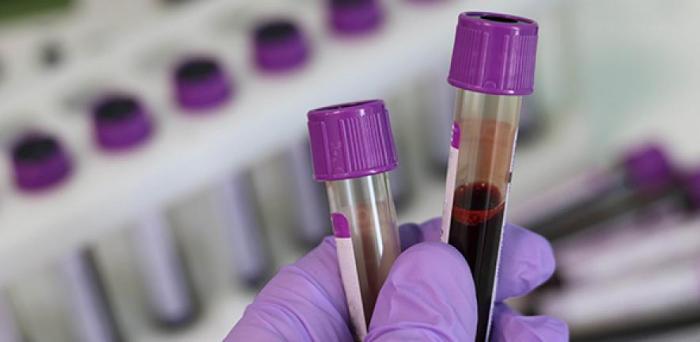Mitochondrial disorders affect around 1 in 4,300 people and cause progressive, incurable diseases. They are amongst the most common inherited diseases but are difficult for clinicians to diagnose, not least because they can affect many different organs and resemble many other conditions.
Current genetic testing regimes fail to diagnose around 40% of patients, with major implications for patients, their families and the health services they use.
A new study, published in the BMJ, offers hope to families with no diagnosis, and endorses plans for the UK to establish a national diagnostic programme based on whole genome sequencing (WGS) to make more diagnoses faster.
While previous studies based on small, highly selected cohorts have suggested that WGS can identify mitochondrial disorders, this is the first to examine its effectiveness in a national healthcare system – the NHS.
The study, led by researchers from the MRC Mitochondrial Biology Unit and Departments of Clinical Neuroscience and Medical Genetics at the University of Cambridge, involved 319 families with suspected mitochondrial disease recruited through the 100,000 Genomes Project which was set up to embed genomic testing in the NHS, discover new disease genes and make genetic diagnosis available for more patients.
Image: Gloved hand holding two blood samples
Credit: Belova59 via Pixabay
Reproduced courtesy of the University of Cambridge
